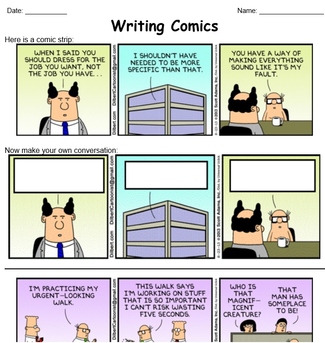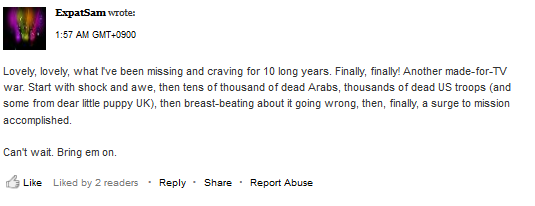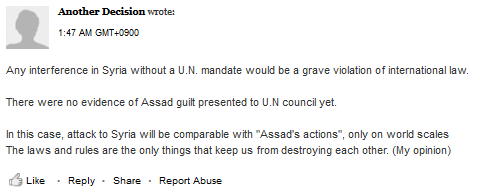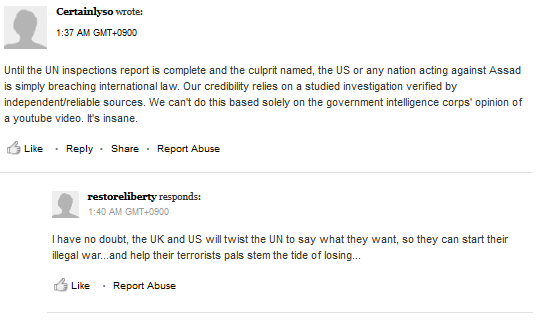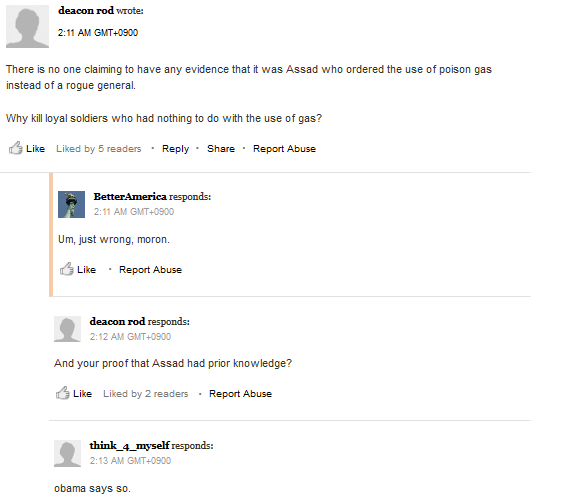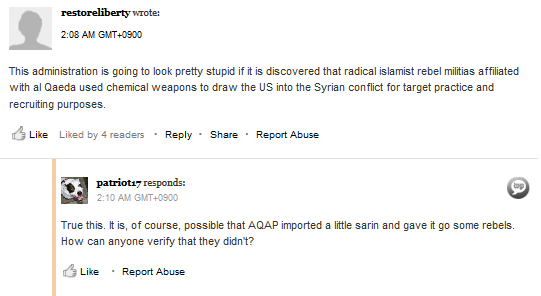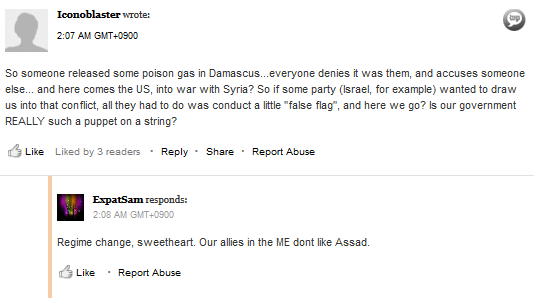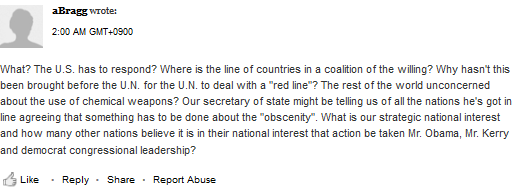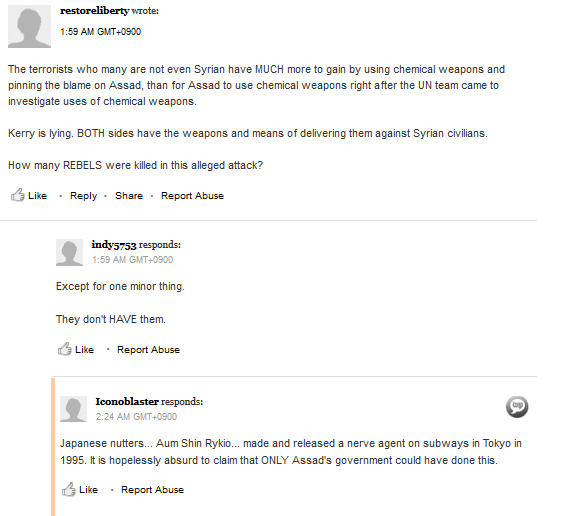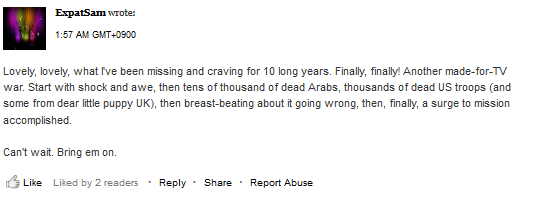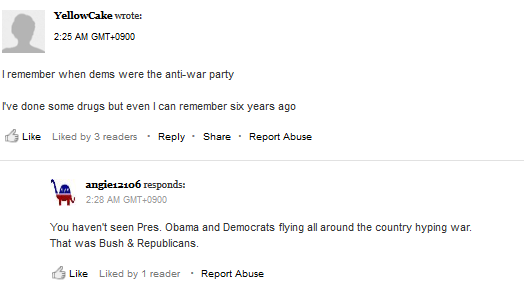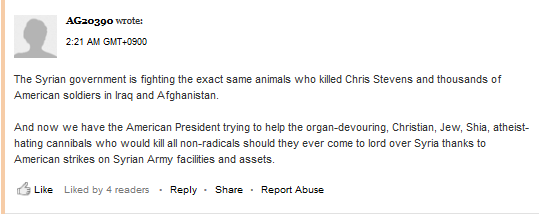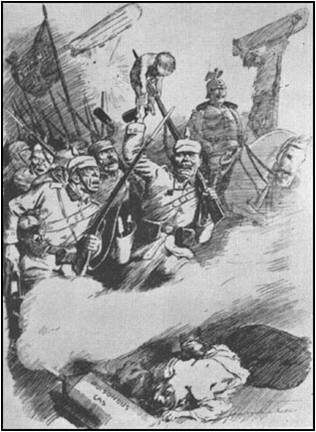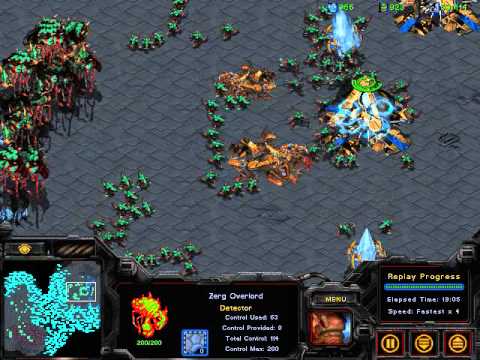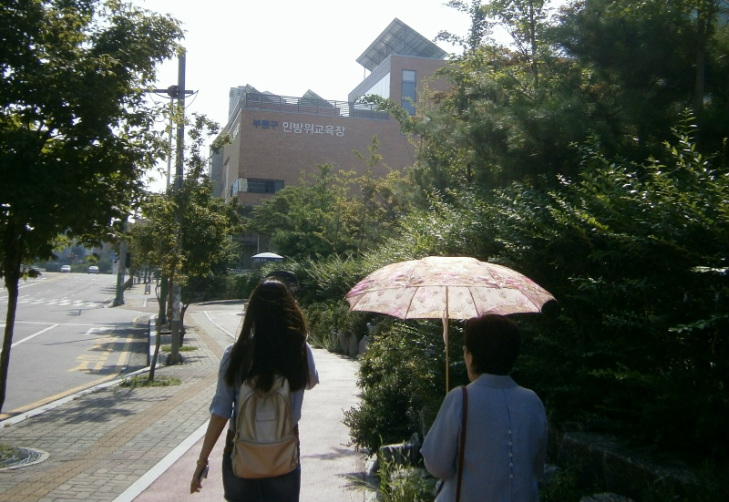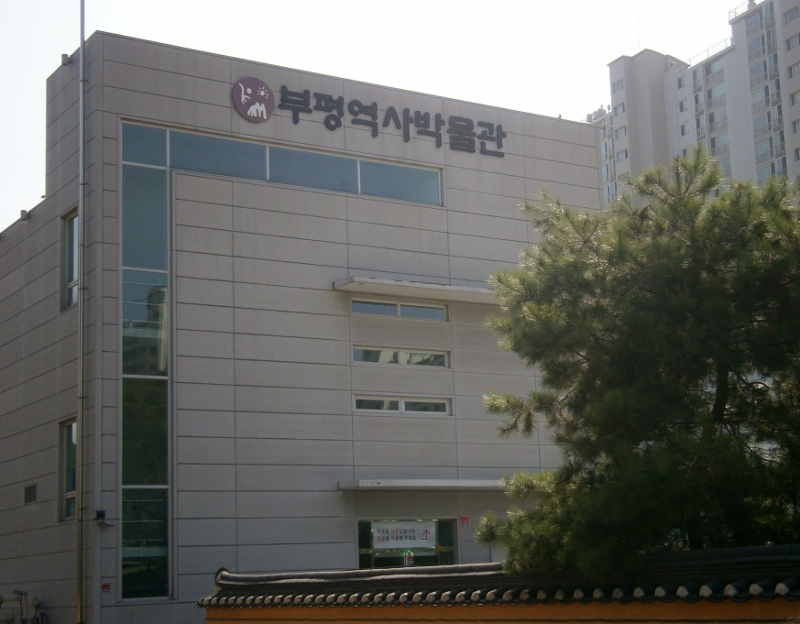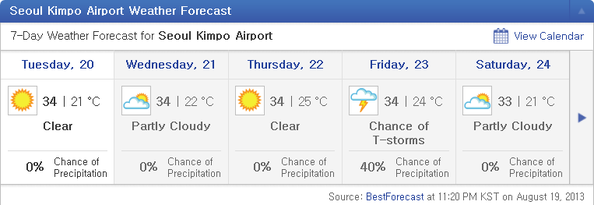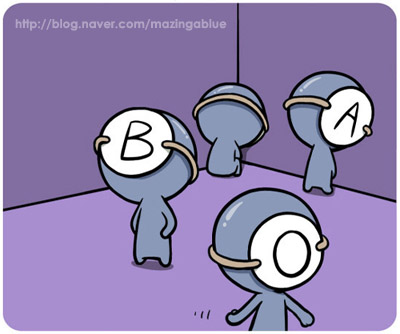I gave a student the “English name” of
Royce on Wednesday.
The boy’s real name is Kim J.H. He was born in September 2000. This is his
very first week at the institute, according to the the online system. He is in seventh grade and lives in the Sang-Dong neighborhood of Bucheon. His attitude is optimistically-boyish, as it has neither been pressured-downward by adolescence yet nor, frankly (as he is new), has it yet been soured by this institute’s weekly grind (lots of homework and endless and pointless memorization of English words, both under threat of “detention” if not completed, and with no significant breaks in the year).
Kim J.H. said he had no English name. A friend from school his was also in the class, sitting next to him in fact, and declared, “He needs an English name!” A wave of excitement washed over several students in the room.
Why English Names?In fact, I’ve always felt a “vicarious guilt” (I’ve never done it myself but others here have) about the idea of imposing English names. My feeling is,
who is an English-speaking foreigner to just cruise into a place and bestow an “English name” on somebody? They already have names, after all.
Incidentally, at my Ilsan job English names were never used. At this Bucheon job, English names are used for about 90% of students, with the rest insisting on retaining their Korean names. These are usually the angriest and most sullen students. This, at least, fits with the Koreans’ idea that English names are “fun”. There is (in my experience) a strong correlation: Those having the least fun learning English are most likely to reject English names. I don’t think use or non-use of English names has anything to do with causation of that unhappiness, though.
An Ad-Hoc Naming PlanThe issue was in the air. English name! English name! Okay, I thought,
I can use this as an opportunity to try to make the students laugh by doing something unexpected. (My best strategy in that particular undertaking is to amuse myself. It usually succeeds in amusing them, too.) I asked a random student to “choose any number between 1 and 26”. She was confused but took it in good humor. She chose 18. I counted it out: “R” is the 18th letter. I said to Kim J.H.,
“Okay, your English name will start with ‘R’. Let’s see…” and I started listing, on the board, all the names beginning with “R” I could think of. Ronald, Roger, Rex, Roland, Ricky, Roy, Robert, Ralph, Randy…..
My idea at this point was to put the names on the board and leave it to the Darwinian nature of the open classroom. Some names would be ridiculed by the class while others would be thought “cool” and one of the “cool” ones would win (a kind of mini, on-the-fly social experiment). Some discussion of that kind did follow. This was very much an ad-hoc plan, as it must have been since I didn’t know this “English name” issue would come up at all.
The boy, Kim J.H., hitherto English-name-less, was hesitating.
Anything But “Kevin”!
Around this time, J.H.’s friend Jack suggested “Kevin”. Argh. Not Kevin! A search of the online database yields 66 “Kevins” enrolled as middle school students at the institute since 2007. It is a very popular name. By comparison, there’ve been only 53 “Johns” and 41 “Jameses”.
My old British coworker, E.R., believed that certain English names augur trouble (in terms of behavior problems from the student), and “Kevin” was the first one she cited. I tend to agree. I wonder why problem-students end up choosing and/or being given “Kevin” so much in Korea.
I rejected “Kevin” outright. I’d have felt like I failed if he ended up merely another “Kevin”, one of dozens. He’s already saddled with “Kim”. Give the boy a unique identity!
Choosing “Royce“
We spent three or four minutes discussing this English-name issue. It was the first day, so my goal was to make the class more fun-oriented. Still thinking about the “Kevin is too common” concern, I circled and gently suggested the name “Royce” on the board, another of the “R’s”. I guessed it may have never been used in the history of this institute, of all its thousands of students since 2007. (It turns out this was right. There have been four “Roys”, but no “Royces”.)
Kim J.H. remained indecisive. Probably too shy, I thought. My vague guilt feelings persisted about “forcing an ‘English name’ on an East-Asian”, so I gave him the attendance sheet and told him to write whichever name he chose next to his Korean name. He took a minute. To my surprise, he wrote “Royce”, the name I’d circled on the board. I realize now he’d wanted the decision made for him by an authority figure, in the typical East-Asian fashion, and I’d done it.
And thus was “Royce” christened. I was so proud of this naming that I went onto the staff website that very night and input this as the student’s “영어이름” (English name).
My First “English Name”This may be the very first time I have given an “English name” to a student. Others have discussed “changing” theirs with me, but never before had I had a student who claimed to have never received an English name yet in life.
I think this is a happy side effect of my being moved down to the lowest-level classes for my last three weeks, my last partial semester here. Only in a low-level class would a student show up in that condition, i.e. without already possessing an “English name”. (The class was actually “MI”, about mid-range in skill level.)
Postscript: How Common is the Name “Royce”?You can check the popularity of baby names by year of birth in the USA
here. It turns out “Royce” was one of the top-500 boy-names from the 1910s through the 1960s, and then became less popular. It even fell off the top-1,000 list by the early 2000s. Curiously, it recovered to rank #493 in 2012.
Popularity Rank of “Royce” as a Boy’s Name in the USA, By Year
2012 : 493rd [i.e., 492 other boy-names were more commonly given to babies born in 2012]
2011 : 529th
2010 : 743rd
2009 : 941st
493rd is the highest ranking that “Royce” has had since 1963. I wonder why the sudden popularity jump.



